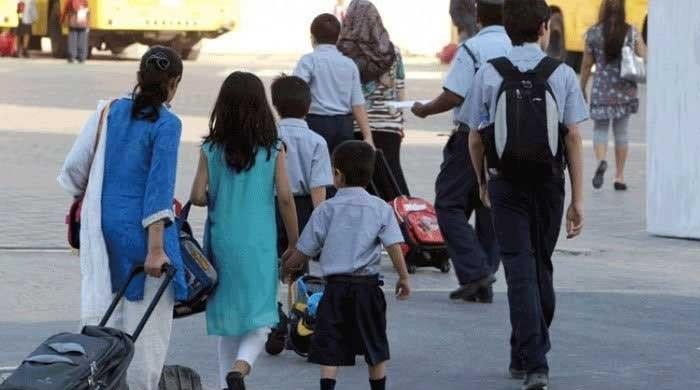In an effort to alleviate the daily burden on young students, government primary schools in the Islamabad Capital Territory (ICT) are rolling out a new policy aimed at eliminating the need for students to carry school books between home and school. This initiative is a part of a broader strategy to create a more convenient and child-friendly learning environment.
Background of the Policy
For years, heavy school bags have been a significant issue, causing physical strain and discomfort among young students. Recognizing this problem, Education Secretary Mohyuddin Ahmad Wani has spearheaded a policy to address it. According to Wani, this policy has been in the works for over a month, and all necessary arrangements are slated for completion before the schools reopen.
Objectives of the New Policy
The primary objectives of this new policy are twofold:
- Reducing Physical Strain on Students: By keeping books in school, the policy aims to significantly reduce the weight students carry daily.
- Promoting a Healthier Learning Environment: Less physical burden translates to better focus and more energy for learning activities, thus fostering a healthier and more engaging educational experience.
Implementation Strategy
The implementation strategy is straightforward yet effective. Classrooms will be equipped with pigeon holes and book racks where students can store their books. This ensures that the books remain in school and are easily accessible during class time. The policy is set to come into effect from August 1, with all government primary schools in the capital making the necessary preparations.
Benefits of the New Policy
The new policy brings a host of benefits, including:
- Health Benefits: Reducing the weight of school bags helps prevent back and shoulder pain, promoting better posture and overall health in young students.
- Improved Classroom Organization: With books stored in designated pigeon holes and racks, classrooms will be more organized, and students can easily find their materials.
- Enhanced Focus on Learning: With fewer physical burdens, students can concentrate better on their studies, leading to improved academic performance.
Challenges and Solutions
While the policy is promising, there are potential challenges, such as the logistical aspects of installing pigeon holes and book racks in all classrooms. The government has proposed solutions like phased implementation and securing additional funding to ensure the initiative is rolled out smoothly.
Parental and Student Reception
Initial reactions from parents and students have been overwhelmingly positive. Parents are relieved that their children will no longer have to carry heavy bags, and students are excited about the convenience of leaving their books at school. This positive feedback highlights the community’s support for the initiative.
Similar policies have been implemented in other regions and countries with great success. For instance, some schools in Europe and the United States have adopted similar measures, resulting in notable improvements in student health and classroom efficiency. These success stories offer valuable lessons and insights that can be applied to the ICT initiative.
Role of Teachers
Teachers play a crucial role in adapting to the new system. They will need to ensure that students properly use the pigeon holes and book racks and may require additional training and support to facilitate this transition. The government plans to provide resources and training sessions to help teachers adjust smoothly.
Installing pigeon holes and book racks is a significant infrastructure enhancement. The government has allocated a budget for this project and is exploring various funding sources to ensure it is completed on time. These enhancements will not only support the new policy but also contribute to a more organized and efficient classroom environment.
Long-term Impact on Education
The long-term impact of this policy is expected to be substantial. Over the next few years, it could lead to improved student health, better academic performance, and a more enjoyable school experience. Additionally, if successful, this policy might be expanded to other regions, further amplifying its positive effects.
In summary, the new policy introduced by government primary schools in the ICT to eliminate the need for students to carry school books between home and school is a welcome move. By implementing pigeon holes and book racks, this initiative aims to reduce the physical burden on students, promote a healthier learning environment, and improve classroom organization. As the policy comes into effect on August 1, it is expected to bring significant benefits to students, parents, and teachers alike, paving the way for a brighter and more efficient educational future.


